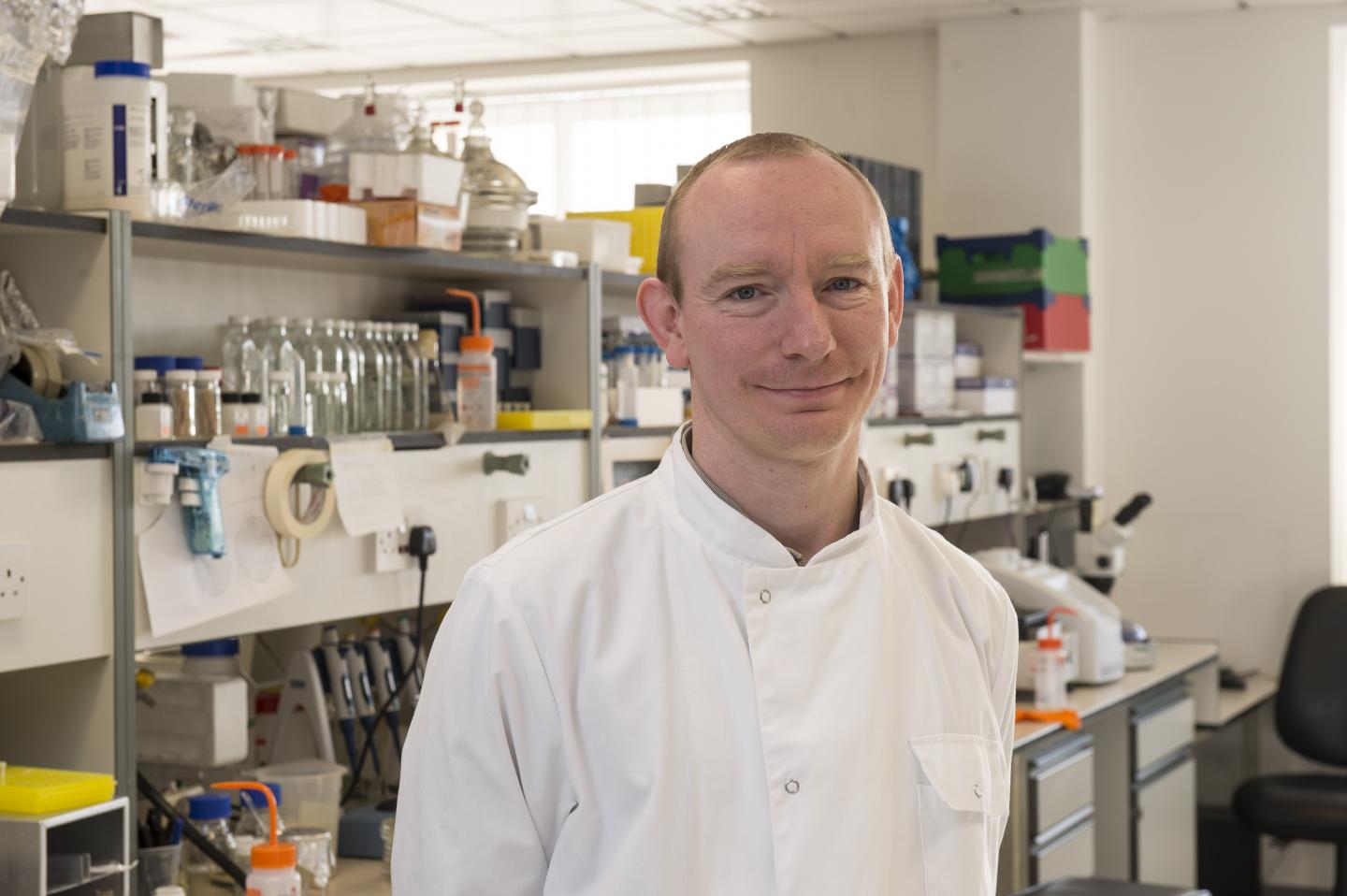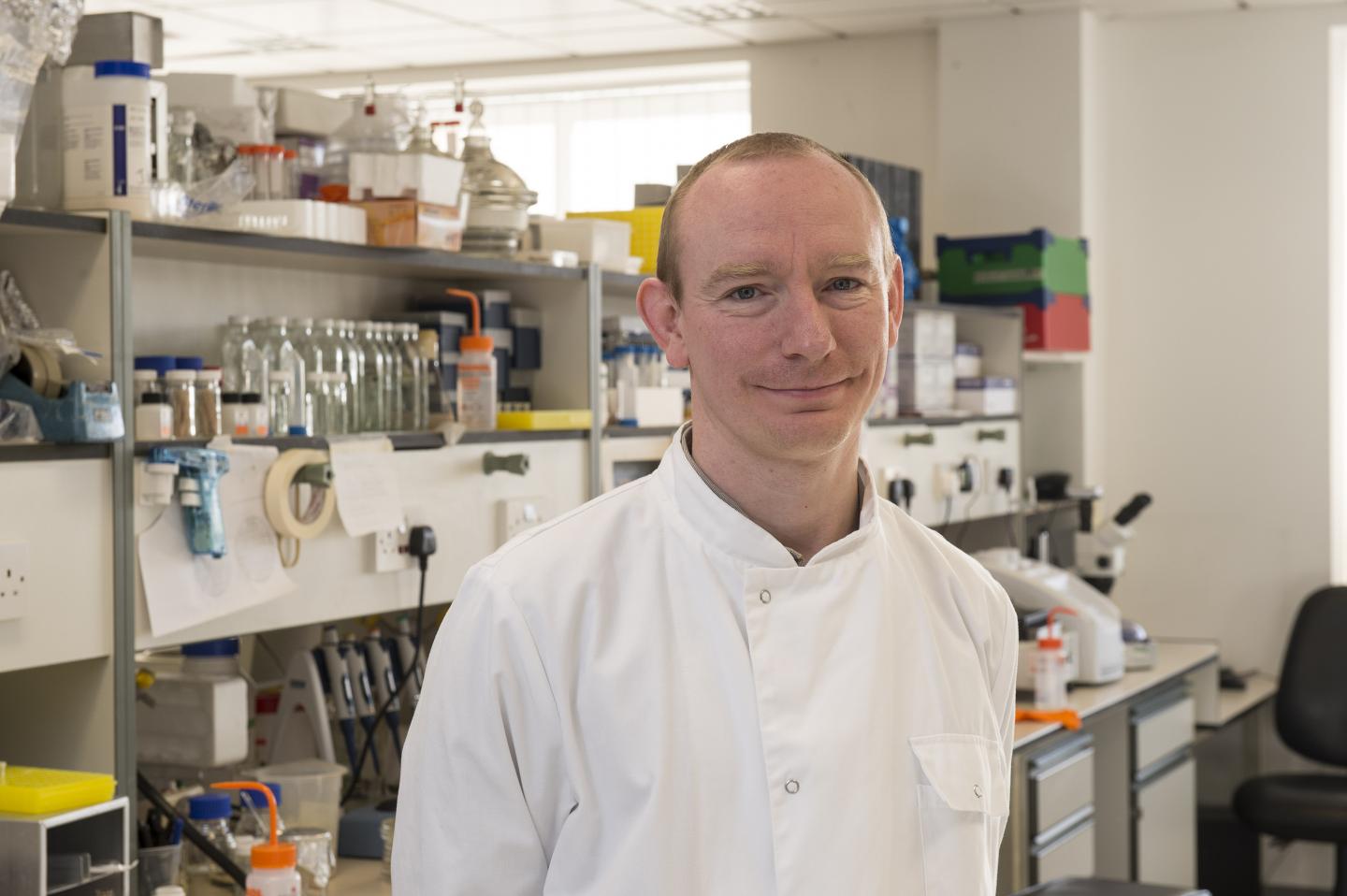
Credit: John Innes Centre
The complex signalling networks bacteria use to adapt to their environments have become clearer following new research.
John Innes Centre researchers used a study of the plant-growth promoting bacterium Pseudomonas fluorescens to develop an advanced analysis method which, they hope, will increase our capacity to understand plant and human diseases.
Until recently, investigations into bacterial signalling have tended to look at different aspects of gene regulation in isolation. Building on these individual approaches, the John Innes team used a range of lab, computational and mathematical techniques to integrate data obtained from multiple different microbiological experiments.
This approach has enabled them to build a comprehensive 'signalling map' for the key bacterial protein Hfq, which controls virulence and stress responses in many clinically and agriculturally important species.
Dr Jacob Malone, the project leader associated with the work explained: "Our technique allows us to follow every gene and protein in a bacterial cell, and say how it changes and at what level that change occurs, in response to a given signal input.
"We are using the same data sets as previous studies but we have developed a way of integrating the data using mathematics and programming. If you consider the individual elements of a movie: the photography, the soundtrack and the script; by combining them you get a whole movie – something greater than the sum of the parts. This is the same principle, only with genetics."
The team's findings, published in Frontiers in Microbiology (Analysing the Complex Regulatory Landscape of Hfq – an Integrative, Multi-Omics Approach, Grenga, L. et al. 2017) promise to change the way we investigate bacterial signalling networks, and will advance our understanding of how bacteria interact with their environments and mediate infections.
"People have looked at data at more than one level before, but not in this depth." said Dr Malone. "Ultimately, we would like people to consider approaching data in this way routinely,".
###
Media Contact
Adrian Galvin
[email protected]
44-160-345-0230
@johninnescentre
http://www.jic.ac.uk





